Monica Vitti, Photo Angelo Frontoni, 1969 @ pleasurephoto

monica vitti, photo angelo frontoni, 1969 @ pleasurephoto
More Posts from Ignaciovanburen and Others
this, exactly this
Some of y’all think that holding hands and sharing a bed is immediately romantic, and this is why people cannot differentiate between romantic, platonic, and familial forms of love.
ur twenties is just reciting "life is tough but i am tougher" 500 times a day. sometimes thru tears
when two musicians sing into the same microphone and lean in very close to each other… like omg are you guys gonna kiss now to relieve the homoerotic tension?😳

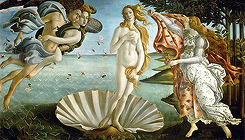
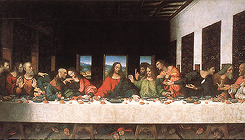






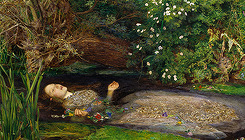
Film meets Art (original video)
“Adventures of Baron Munchausen” (dir. Terry Gilliam) and “The Birth of Venus” (artist Sandro Botticelli)
“Inherent Vice” (dir. Paul Thomas Anderson) and “The Last Supper” (artist Leonardo da Vinci)
“Days of Heaven” (dir. Terrence Malick) and “Christina’s World” (artist Andrew Wyeth)
“Heat” (dir. Michael Mann) and “Pacific” ( artist Alex Colville)
“Melancholia” (dir Lars von Trier) and “Ophelia” (artist John Everett Millais)
On December 20, 2012 Vertigo was re-released in Portugal.


This is only for the five people out there also obsessed with these two niche games too but Disco Elysium and Pathologic are basically the same game conceit taken it exactly opposite directions. Both games are about being an outsider coming into a small, weird town and trying to solve an increasingly dangerous problem on a time limit of a little over a week, which is mostly accomplished by talking to every weirdo in town until they finally do what you want. Which is a *very* specific premise to have in common! But it’s kinda incredible how swapping one mechanic dramatically changes each of the game’s vibes.
In Disco Elysium, time only progresses when you talk to people, and only if you are hearing new dialogue. With that, and the fact it’s really hard to not progress the story even if you avoid the main plot, you will inevitably be able to complete about everything the game has to offer for a single playthrough before the time limit. You have to go out of your way to be a bad detective to fail. The decision of what to do on any given day is largely dependent on whatever happens to be compelling to the player, and having to run around the far side of town doesn’t risk getting people killed.
Conversely, in Pathologic, an inversion of that aforementioned game mechanic creates a MASSIVELY different play style. Time is always progressing in Pathologic, outside of dialogue and save menus. The game is a routing simulator disguised as a psychological horror. You have two hours to talk to eight people on opposite sides of the map with about five different modifier potentially altering your optimal way of getting through town (are you hungry? do you need more bottles? is the district infected? etc.). There is NO fuck around time, maybe if you’re lucky you can take ten seconds to stare at the Polyhedron, but that’s about it.
It just stuck out to me as a case of how one technically minor change in a gameplay mechanic can entirely alter how you interact with the world. Sure, there’s a lot of other differences between the two, but this one change felt like a condensation of how each chooses to approach their premise.
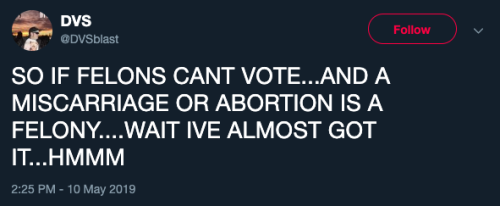
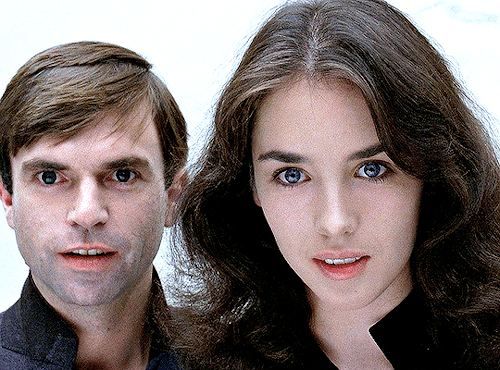
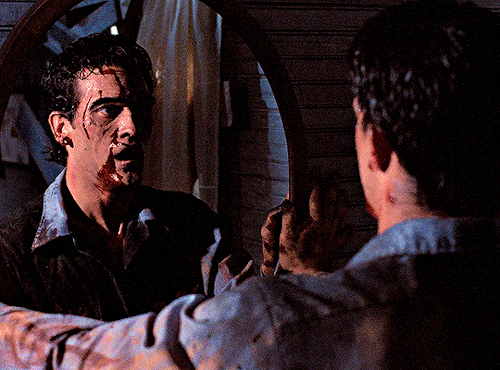
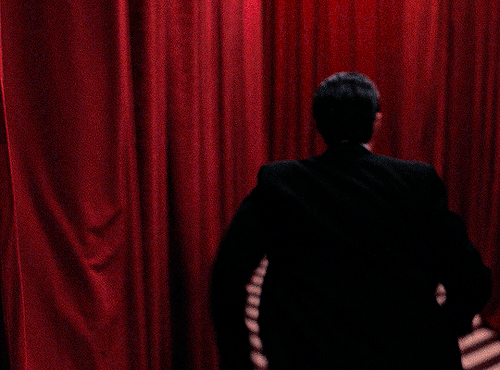
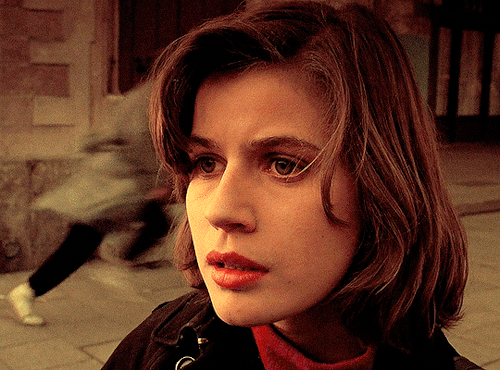

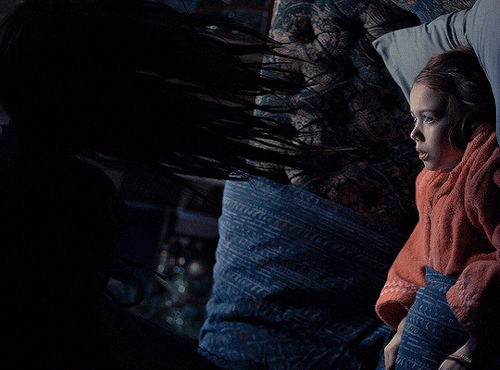
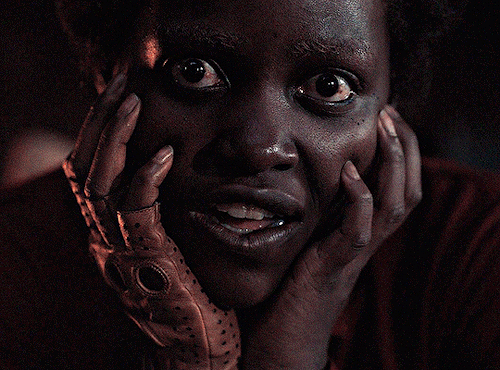
Doppelgängers in films/tv Possession (1981) Evil Dead II (1987) Twin Peaks (1990–1991) The Double Life of Véronique (1991) Perfect Blue (1997) The Haunting of Hill House (2018) Us (2019)
damn the photography in this one strikes me so much










Possession (1981)
Directed by Andrzej Zulawski Cinematography by Bruno Nuytten
“I can’t exist by myself because I’m afraid of myself, because I’m the maker of my own evil.”
i knew from a young age i was weird and off putting and unlovable
-
 hawks-alphonse liked this · 1 year ago
hawks-alphonse liked this · 1 year ago -
 netwanderingsblog reblogged this · 1 year ago
netwanderingsblog reblogged this · 1 year ago -
 real-rocknrolla reblogged this · 1 year ago
real-rocknrolla reblogged this · 1 year ago -
 real-rocknrolla liked this · 1 year ago
real-rocknrolla liked this · 1 year ago -
 birthdaycake4breakfast liked this · 1 year ago
birthdaycake4breakfast liked this · 1 year ago -
 dombruce2016 liked this · 1 year ago
dombruce2016 liked this · 1 year ago -
 levindis reblogged this · 1 year ago
levindis reblogged this · 1 year ago -
 silenciometalico liked this · 1 year ago
silenciometalico liked this · 1 year ago -
 collegeoftheholyspirit liked this · 1 year ago
collegeoftheholyspirit liked this · 1 year ago -
 ourdarkbananacollection liked this · 2 years ago
ourdarkbananacollection liked this · 2 years ago -
 monsieur-saint liked this · 2 years ago
monsieur-saint liked this · 2 years ago -
 all-bodies-r-beautiful reblogged this · 2 years ago
all-bodies-r-beautiful reblogged this · 2 years ago -
 all-bodies-r-beautiful liked this · 2 years ago
all-bodies-r-beautiful liked this · 2 years ago -
 futuristicjellyfishcupcake liked this · 2 years ago
futuristicjellyfishcupcake liked this · 2 years ago -
 e-avenue reblogged this · 2 years ago
e-avenue reblogged this · 2 years ago -
 e-avenue liked this · 2 years ago
e-avenue liked this · 2 years ago -
 caravan66 liked this · 2 years ago
caravan66 liked this · 2 years ago -
 funebremap liked this · 2 years ago
funebremap liked this · 2 years ago -
 tjamesbond reblogged this · 2 years ago
tjamesbond reblogged this · 2 years ago -
 tjamesbond liked this · 2 years ago
tjamesbond liked this · 2 years ago -
 fuggire-dalla-torre liked this · 2 years ago
fuggire-dalla-torre liked this · 2 years ago -
 nummer6 liked this · 2 years ago
nummer6 liked this · 2 years ago -
 isabelladonnaxxx liked this · 2 years ago
isabelladonnaxxx liked this · 2 years ago -
 manicpixyie reblogged this · 2 years ago
manicpixyie reblogged this · 2 years ago -
 humanigus liked this · 2 years ago
humanigus liked this · 2 years ago -
 cheriecoulee reblogged this · 2 years ago
cheriecoulee reblogged this · 2 years ago -
 heavensentcowgirl liked this · 2 years ago
heavensentcowgirl liked this · 2 years ago -
 totarzn reblogged this · 2 years ago
totarzn reblogged this · 2 years ago -
 totarzn liked this · 2 years ago
totarzn liked this · 2 years ago -
 mightydiamond108 reblogged this · 2 years ago
mightydiamond108 reblogged this · 2 years ago -
 avroses reblogged this · 2 years ago
avroses reblogged this · 2 years ago -
 gorillabride reblogged this · 2 years ago
gorillabride reblogged this · 2 years ago -
 crytough liked this · 2 years ago
crytough liked this · 2 years ago -
 bayberk liked this · 2 years ago
bayberk liked this · 2 years ago -
 greatbliss reblogged this · 2 years ago
greatbliss reblogged this · 2 years ago -
 gcorvetti liked this · 2 years ago
gcorvetti liked this · 2 years ago -
 groovyant70 reblogged this · 2 years ago
groovyant70 reblogged this · 2 years ago -
 groovyant70 liked this · 2 years ago
groovyant70 liked this · 2 years ago -
 itsloriel liked this · 2 years ago
itsloriel liked this · 2 years ago -
 hagakuremarco reblogged this · 2 years ago
hagakuremarco reblogged this · 2 years ago -
 hagakuremarco liked this · 2 years ago
hagakuremarco liked this · 2 years ago -
 galaxyrider24 liked this · 2 years ago
galaxyrider24 liked this · 2 years ago
